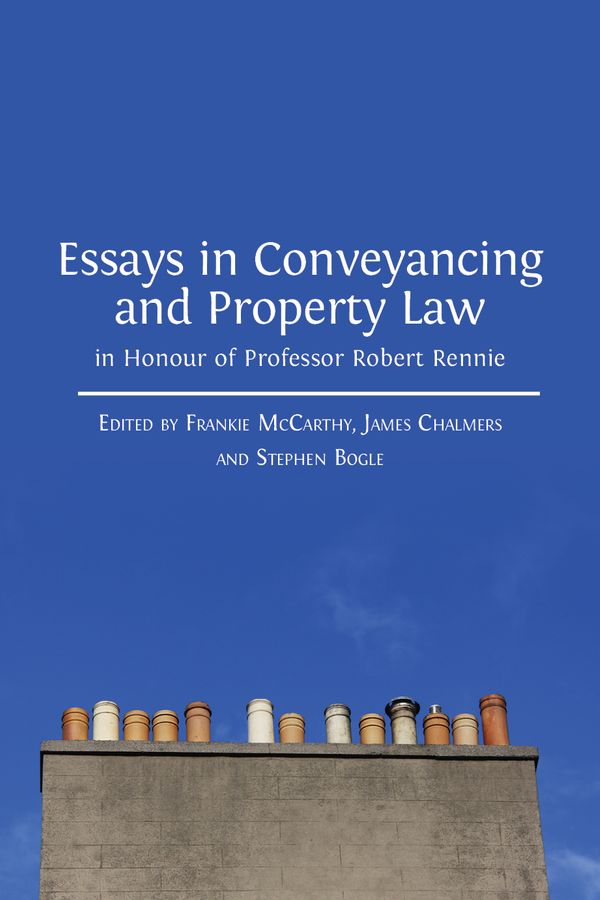'The Tiberian pronunciation tradition of Biblical Hebrew'
The term ‘Biblical Hebrew’ is generally used to refer to the form of the language that appears in the printed editions of the Hebrew Bible and it is this form that it is presented to students in grammatical textbooks and reference grammars. The form of Biblical Hebrew that is presented in printed editions, with vocalization and accent signs, has its origin in medieval manuscripts of the Bible. The vocalization and accent signs are notation systems that were created in Tiberias in the early Islamic period by scholars known as the Tiberian Masoretes. The text of the Bible that appears in the medieval Tiberian manuscripts and has been reproduced in modern printed editions is known as the Tiberian Masoretic Text or simply the Masoretic Text.
The opening sections of modern textbooks and grammars describe the pronunciation of the consonants and the vocalization signs in a matter-of-fact way. The grammatical textbooks and reference grammars in use today are heirs to centuries of tradition of grammatical works on Biblical Hebrew in Europe, which can be traced back to the Middle Ages. The paradox is that this European tradition of Biblical Hebrew grammar, even in its earliest stages in eleventh-century Spain, did not have direct access to the way the Tiberian Masoretes were pronouncing Biblical Hebrew. The descriptions of the pronun¬ciation that we find in textbooks and grammars, therefore, do not correspond to the pronunciation of the Tiberian Masoretes, neither their pronunciation of the consonants nor their pronun¬ciation of the vowels, which the vocalization sign system originally represented. Rather, they are descriptions of other traditions of pronouncing Hebrew, which originate in traditions existing in Jewish communities, academic traditions of Christian Hebraists, or a combination of the two.
In the last few decades, research of a variety of manuscript sources from the medieval Middle East, some of them only recently discovered, has made it possible to reconstruct with considerable accuracy the pronunciation of the Tiberian Masoretes, which has come to be known as the ‘Tiberian pronunciation tradition’ or the ‘Tiberian reading tradition’. It has emerged from this research that the pronunciation of the Tiberian Masoretes differed in numerous ways from the pronunciation of Biblical Hebrew that is described in modern textbooks and reference grammars.
In this book, my intention is to present the current state of knowledge of the Tiberian pronunciation tradition of Biblical Hebrew based on the extant medieval sources. It is hoped that this will help to break the mould of current grammatical descriptions of Biblical Hebrew and form a bridge between modern traditions of grammar and the school of the Masoretes of Tiberias.
The book is divided into two volumes. The first volume contains a description of the Tiberian pronunciation. The final chapter includes reconstructed phonetic transcriptions of sample passages from the Hebrew Bible, with links to oral performances of these by Alex Foreman. The second volume presents a critical edition and English translation of the sections on consonants and vowels in the Judaeo-Arabic Masoretic treatise Hidāyat al-Qāriʾ (‘Guide for the Reader’) by the Karaite grammarian ʾAbū al-Faraj Hārūn (eleventh century C.E.). Hidāyat al-Qāriʾ is one of the key medieval sources for our knowledge of the Tiberian pronunciation tradition and constant reference is made to it in the various chapters of this book. Since no complete edition and English translation of the sections on the consonants and vowels so far exists, it was decided to prepare such an edition and translation as a complement to the descriptive and analytical chapters of volume one.
You can find out more about the Cambridge Semitic Languages and Cultures Series and/or download and read these volumes for free at https://www.openbookpublishers.com/section/107/1. Click here to purchase the two volumes of The Tiberian Pronunciation Tradition of Biblical Hebrew at a discounted rate.



